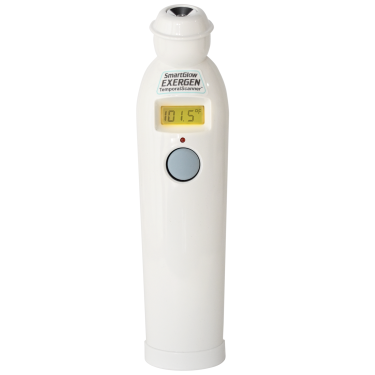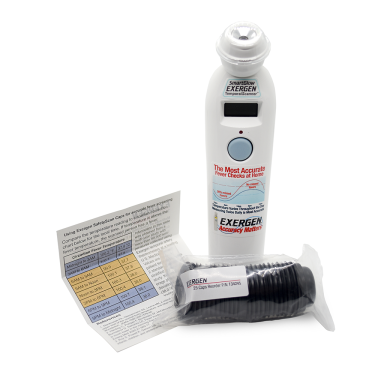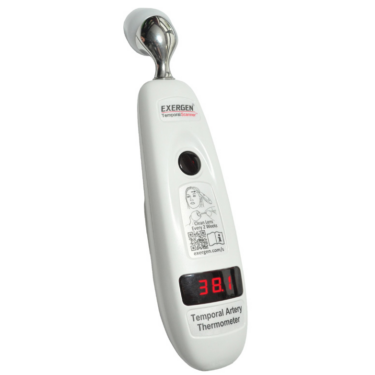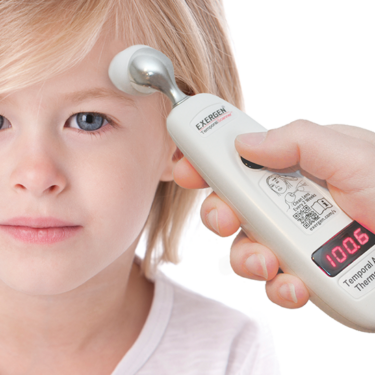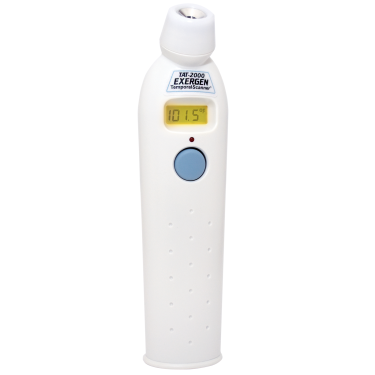Everyone has had a fever at some point—whether from a cold, a viral infection, or just a change in the weather. It’s the body’s natural way of fighting off illness. Generally, fever isn’t something to worry about in the short term, but what if it keeps coming back?
What is Fever?
Fever isn’t a disease on its own. It’s actually a symptom that signals your body is reacting to something. Dr. David Kipp, a pediatrician at US-Banner Urgent Care, explains that fever is the body’s way of protecting itself. It helps the immune system work harder and more effectively. So, fever is your body’s way of doing its job. But when that fever keeps coming back, it could be a sign that something else is going on.
What is Repeated Fever?
Repeated fever refers to when someone experiences fever episodes that keep happening over time. While a fever from a viral infection is pretty common, when it happens frequently, it could point to something more serious. Repeated fevers can be caused by infections, autoimmune disorders, or even conditions like cancer.
Should You Be Concerned?
A fever on its own usually isn’t a cause for alarm, but if it keeps happening, that’s when it’s time to pay attention. Many different conditions can cause repeated fever. For example, mosquito-borne diseases like malaria can bring fever along with chills, headaches, and fatigue. Tuberculosis (TB) can cause a recurring fever too, often with symptoms like night sweats, weight loss, and a persistent cough. Other infections like typhoid, urinary tract infections (UTIs), or pelvic infections in women can also cause fever to come back.
In more serious cases, things like cancer or autoimmune diseases like lupus can lead to ongoing fevers. If a fever lasts more than a couple of days, it’s important to reach out to a healthcare provider.
What Do You Need to Know About It?
If it’s a repeated fever, it’s a sign that something else is going on. It might not always be easy to figure out the exact cause, but tracking the fever and any other symptoms is key. This can help doctors determine what’s going on and how to treat it properly.
How to Monitor Repeated Fever?
Monitoring a fever isn’t just about keeping track of the temperature—it’s also important to note any other symptoms that might pop up, like chills, aches, or changes in appetite. If the fever lasts more than two days, or if you start experiencing things like weight loss, joint pain, or a persistent cough, it’s time to get in touch with a healthcare provider for proper diagnosis and treatment.
Dr. Jugal Kishore, a senior health expert, notes that while most fevers go away in about 3 to 5 days, repeated fevers shouldn’t be ignored. Getting checked out sooner rather than later can help prevent bigger issues down the road.
Since fever is the main sign, it is important to use a reliable and accurate thermometer for temperate checks. For example, Exergen’s Temporal Artery Thermometer to ensure that you get a clear picture of any changes in your body temperature. This thermometer is easy to use, offering quick, non-invasive readings that can be taken twice daily with minimal hassle.
If a fever keeps coming back, don’t wait it out. It could be the body’s way of saying that something needs attention.
Source:
